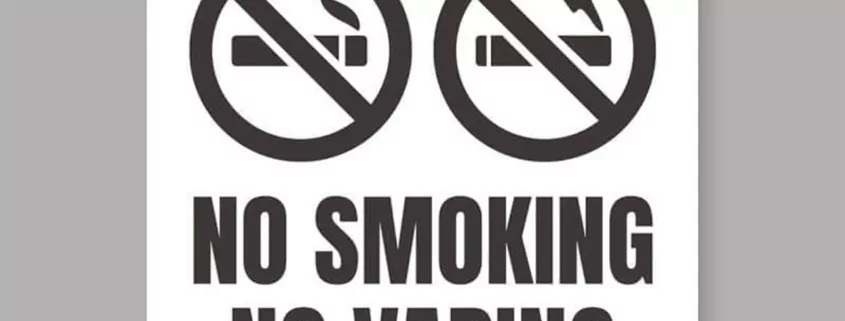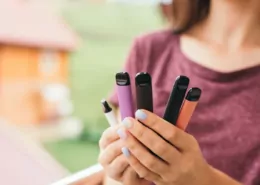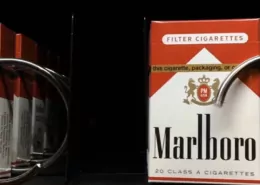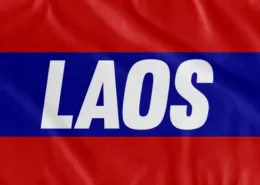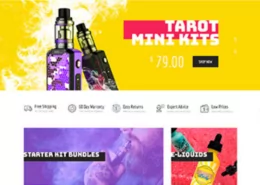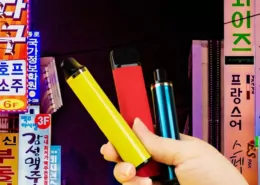Cansa Condemns Vaping Industry for Targeting South African Youth
Cansa & youth forum demand stricter vape laws in South Africa, citing rising teen addiction & industry marketing tactics ahead of World No Tobacco Day.
The Cancer Association of South Africa (Cansa) has strongly criticized the tobacco and vaping industry for deliberately marketing its products to teenagers and younger children, coinciding with World No Tobacco Day on May 31st. To highlight this alarming trend, Cansa, in collaboration with the South African Tobacco Free Youth Forum (SATFYF), is organizing youth-led walks across major South African cities on May 30th.
This year’s World No Tobacco Day theme, “Unmasking the Appeal: Exposing the Industry Tactics on Tobacco and Nicotine Products,” resonates with Cansa’s concerns. The organization aims to reveal how manipulative marketing, appealing flavors, and deceptive product designs are used to make harmful products seem attractive, particularly to young people. The planned walks in Cape Town, Durban, Bloemfontein, and Johannesburg will culminate in the submission of a memorandum of demands to parliament, demonstrating support for the urgent passage of the Tobacco Products and Electronic Delivery Systems Control Bill.
Alarming Rise in Youth Vaping and Industry Tactics
Cansa and SATFYF emphasize that delays in passing the Tobacco Control Bill will lead to increased recruitment of young people by the tobacco industry, resulting in higher rates of nicotine addiction and tobacco-related illnesses, including cancer. Lesego Mateme, project coordinator at SATFYF, stated that the Johannesburg walk will proceed to the Broadcasting Complaints Commission of South Africa to raise awareness about the dangers of subliminal advertising and promotion of these products through broadcast channels. “Such promotions often glamorize the use of vapes and hubbly bubblies, associating them with a luxurious lifestyle and success, which misleads the public, especially young people, about the risks involved,” Mateme said.
Minenhle Dlamini, Cansa’s tobacco control program coordinator, warned that vaping is not a safe option, despite industry claims. “There is ever-increasing evidence of serious health risks,” Dlamini added, “These risks include nicotine addiction, lung damage, and the increased likelihood of moving onto traditional tobacco products. A new generation of nicotine-dependent individuals is being created with seemingly innocent flavoured vapes and sleek, tech-inspired designs targeting young consumers.”
The urgency is underscored by concerning statistics. A 2023 study involving over 25,000 South African high school learners (grades 8-12) found that 16.83% currently used vaping products, while 36.71% reported having ever used them. Worryingly, 47% of those who vaped did so within the first hour of waking, suggesting high nicotine addiction. The study also noted that the odds of vaping increased by grade, irrespective of school wealth. Current tobacco control policies in South Africa are seen as ineffective in regulating vaping, allowing the industry to exploit legal loopholes. Furthermore, nicotine addiction in adolescents has been linked to cognitive impairment, increased anxiety, and a higher risk of developing smoking-related diseases later in life. Easy access for underage users through vape shops and online retailers failing to verify age remains a significant problem.
The SATFYF’s 2023 “Big Tobacco Tiny Target SA” study further revealed that tobacco and nicotine products are purposefully sold, displayed, and marketed to attract children. The study observed 409 points of sale near schools in several major cities and found that almost half (45.2%) were spaza shops and small grocery stores. A vast majority (92.2%) sold cigarettes, with 68.2% displaying these products at children’s eye level.
Cansa’s Proposed Solutions to Protect Youth
In response to these challenges, Cansa is advocating for a multi-pronged approach:
- Stronger Regulations: Fast-tracking the Tobacco Products and Electronic Delivery Systems Control Bill to ban child-friendly flavors, impose strict advertising controls, and enforce age verification for all tobacco-related product purchases.
- Education and Awareness: Comprehensive anti-vaping campaigns in schools and communities, led by parents and community leaders, to educate youngsters about the hidden dangers of vaping, including its impact on brain development.
- Social Media Accountability: Implementing stricter regulations on paid influencer promotions to prevent deceptive marketing tactics that target youth.
- Holding Tobacco Companies Accountable: Supporting higher taxation on vaping products to curb affordability and discourage youth uptake.
- Access to Cessation Support: Calling on the government and health organizations to provide accessible nicotine addiction treatment and counseling services specifically for young people who want to quit. Cansa itself offers a free online smoking cessation program.
The youth-led walks and the memorandum to parliament aim to galvanize action and ensure that the nation’s health is prioritized over industry profits, safeguarding future generations from the risks of nicotine addiction and tobacco-related diseases.
- Vaping Laws in Pennsylvania: A Comprehensive Guide for 2025 - July 6, 2025
- Is Vaping While Driving Illegal in Oregon? (2025 Guide) - July 4, 2025
- Vaping Laws in Oregon: What You Need to Know in 2025 - July 4, 2025

